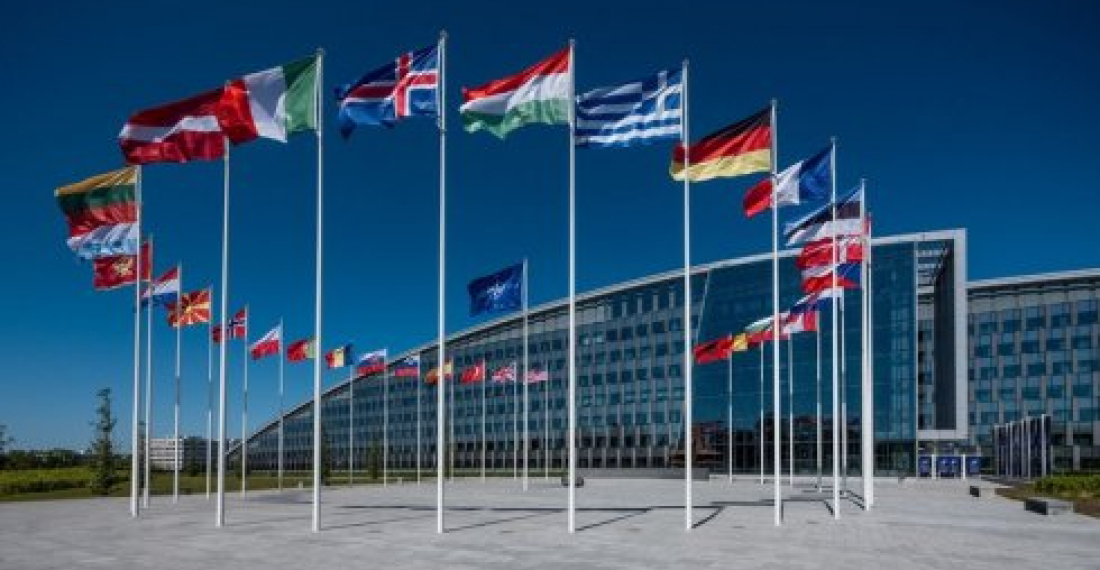В связи с сохранением напряженности в Эгейском море между Грецией и Турцией из-за прав на разведку нефти и газа НАТО в четверг объявила о новой инициативе, направленной на разрядку военного противостояния между двумя странами. И Греция, и Турция являются давними членами НАТО, и в прошлом альянс играл посредническую роль между двумя странами.
В заявлении генерального секретаря НАТО Йенса Столтенберга, опубликованном в четверг вечером (3 сентября), говорится:
"После моих обсуждений с лидерами Греции и Турции два союзника согласились вступить в технические переговоры в НАТО, чтобы создать механизмы военного разрешения конфликтов, чтобы снизить риски инцидентов и столкновений в Восточном Средиземноморье. Греция и Турция - уважаемые союзники, а НАТО - важная платформа для консультаций по всем вопросам, которые влияют на нашу общую безопасность. Я остаюсь в тесном контакте со всеми заинтересованными союзниками, чтобы найти решение напряженности в духе солидарности НАТО''.
Анкара положительно отреагировала на это заявление, но Афины отреагировали более прохладно, заявив, что прежде, чем начнутся какие-либо обсуждения, необходимо "вывести турецкие военно-морские силы из греческих вод".
источник: commonspace.eu по материалам агентств
фото: Штаб-квартира НАТО, Брюссель (архивный снимок)






